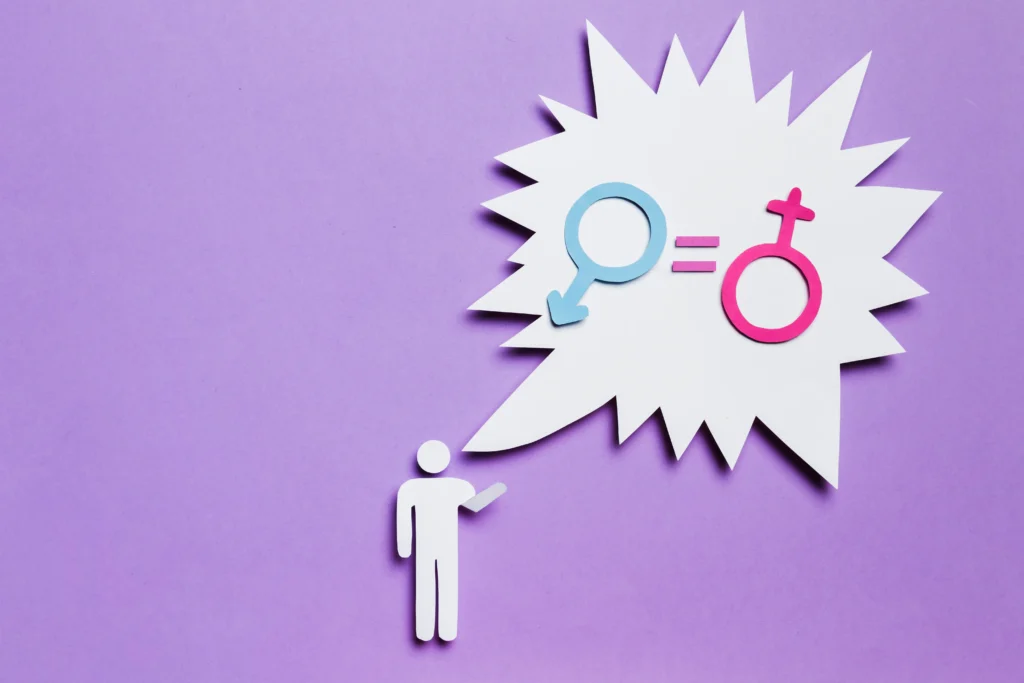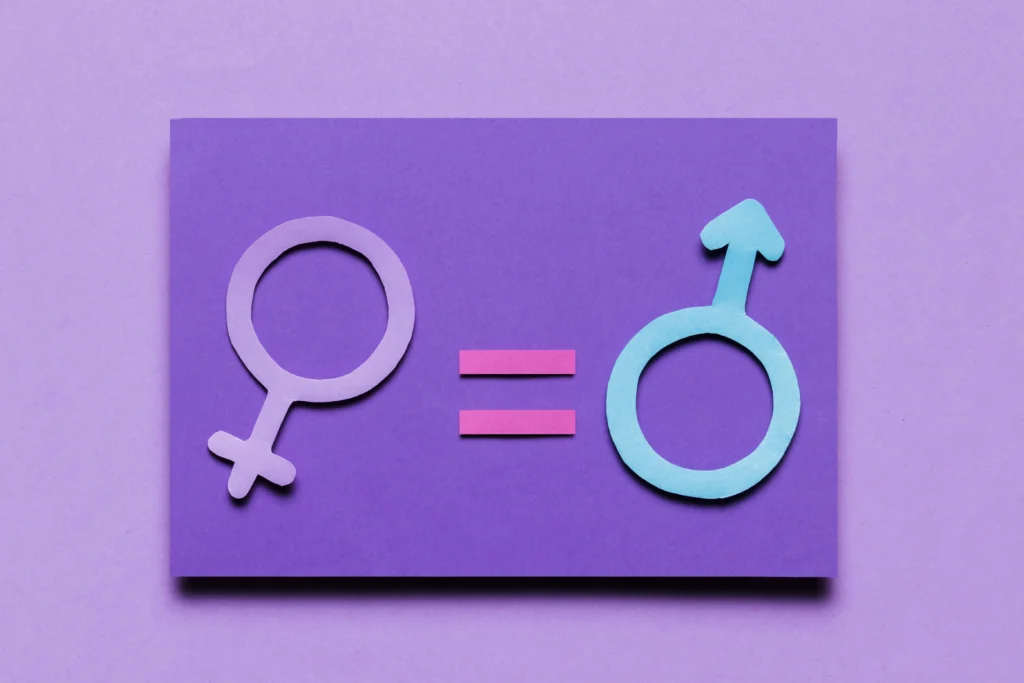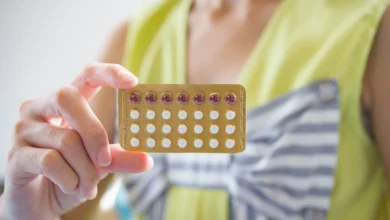The Problems of Modern Holistic Sex Education Approaches and Pathways Toward Resolution!
Forbes noted that “90% of American adults feel unprepared by sex education.” This estimation seems exaggerated, no? Sadly, this statistic continues to be correct year after year.
As of today, 2023 has seen the introduction of 79 proposals aiming to amend the requirements of Sex Education.
While a handful of these aimed at positively enhancing the paradigm of sex education for children and teenagers, the overwhelming majority aimed at further restricting the access of adolescents to affirming health Information and vital medical services.
Few states seem to agree on the question of what, if any, responsibilities the educational system should have during the sexual and reproductive growth of children and adolescents.
The assumption that multigenerational populations are utterly oblivious about essential life skills, such as how to care for themselves, healthy body maintenance, and how to identify potential risks involving abuse or violation of personal autonomy, as well as boundary violations due to lack of education and guidance, is vastly underappreciated.

Certain regions and school districts can design their syllabi for sex education.
While 38 states and DC require some form of sex or HIV education, only 18 states guarantee that such topics are taught with factual accuracy.
Thirty-nine states require educators to promote abstinence as a prerequisite whenever sex education is taught. Nineteen states actively require abstinence to be promoted until marriage.
While only ten states plus DC include sexual orientation inclusively, four states mandate that educators either express only negative views about homosexuality or highlight heterosexuality.
At least one state prohibits the teaching of gender identity, gender expression, or sexual orientation altogether.
Age range of 15 to 19 reported lower rates of contraceptive education as part of sex education compared to 1995, with the Guttmacher Institute citing this in 2022.
More than half of all surveyed adolescents stated that they had received sex education from 2015 to 2019, which aligns with the baseline target of the US Department of Health and Human Services’ Healthy People 2030 initiative.
Goals about formal adolescent sex education under this initiative stress delaying sexual activity, contraception use, and the prevention of HIV and other STIs.
The report indicates that less than half of all teenagers who reported having penetrative intercourse had received this sex education beforehand.
The insufficient education during adolescence impacts individuals into adulthood.
In the United States, over 1500 hormonal healthcare patients of Mira aged 18 to 44 were surveyed.
Among participants, males and females had an almost evenly split response, with 47% and 42% reporting a lack of preparedness regarding their first sexual encounters.
Respondents also reported feeling equally helpless in 41% of cases when interacting with their sexual partners.
Not explaining healthy relationships, respect, or consent, which 40% reported not learning about, can yield devastating outcomes.
Looking around the globe, not many others are doing much better either.
In May 2023, Let’s Stop AIDS, an organization focused on HIV awareness for youth, surveyed 1090 Canadian citizens aged 18 to 24.
In Loreto’s class for STIs, participants expressed a belief that while the classes were informative, a staggering 63% left feeling unprepared to deal with the material.
Participants emphasized that the classes did not provide knowledge or skills that could be applied to real life.
They acquired knowledge concerning STIs but did not learn how to prevent acquiring them.
Astonishingly, one-third of participants reported receiving sex education designed so that it would instill fear of engaging in sexual intercourse.
Some students formulated a hypothesis suggesting that the instructor’s personal issues or educational background were the reason their class on sex education focused solely on abstinence.
These concerns have already received some global coverage.
In the academic year 2021-2022, researchers surveyed 293 students from the University of Granada’s Faculty of Education Sciences. The participants were 18 to 49 years old.
Researchers observed a gap between the quality of sex education and educator training, highlighting a lack of consistent sexuality training for educators.

The existing framework overlooks the unparalleled sophistication of today’s learners.
A study conducted in 2018 by sex toy company CalExotics reported that out of 426 adults surveyed, 20% said they never attended a formal sex education class.
Respondents from two age cohorts, 18 to 29 and 45 to 60, provided the same limited range of abstinence, pregnancy, STIs, and contraception as the foundation of their sexual education.
Although critical to one’s sexual and reproductive health, these topics, while important, can be fundamental and lack depth and breadth.
92% of respondents answered that they have never learned about:
- How to have sex
- gender identity, sexual orientation
- local sexual health resources
- same-sex relationships and sexuality, foreplay
- interracial relationships and sex toys
It’s time to set a new standard for sex education
We wish to assist you in gaining optimal health & well-being, including sexual and reproductive health.
This indicates that more efforts can be made regarding the modernized approach to the teaching of sex and sexuality, education, and relationships rooted in scientific principles.
We support your optimal health and well-being, including sexual and reproductive health.
The time has come to change the focus and approach taken towards sex education. Begin anew today by shedding persistent untruths surrounding sex and sexuality that you’ve been taught.
In defiance of social constructs, we want to give you the power to determine what sex and sexuality mean for you as it relates to your body and lived experience.
Ready to get started? Our sexual health hub with resources on sexual development, intimacy, romance, and more is available.
Do you have something else you want to address? Our new health hub, which focuses on LGBTQIA+ concerns, is fully equipped to address all aspects of gender and sexuality and beyond.


